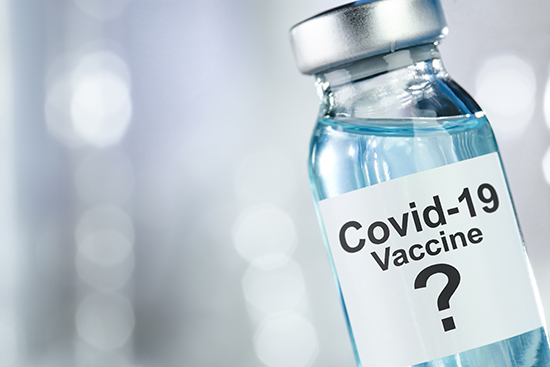According to a report by I & O research on the vaccination policy within the Netherlands, people living in disadvantaged neighborhoods show greater unwillingness to receive a Covid vaccination. The leading cause for a lack of vaccine take-up may be the fact that the information being provided is not clear and understandable enough for the population that live in these disadvantaged areas, mainly due to language barriers. Additionally, people living in poorer neighbourhoods may not know how to find information on the vaccine.
According to general practitioner Shakib Sana and internist Robin Peeters from Rotterdam, the government’s ever-changing vaccination strategy has led to doubt and fear amongst people in disadvantaged neighbourhoods. They stated that ‘people who already receive limited and often one-sided information from their environment appear to base their choices on that fear and doubt’. To add to this, the press conferences that give information on the virus, as well as the preventative measures and vaccination strategies, do not reach the entire population. As stated by news website NU.nl, the information given in press conferences by Prime Minister Mark Rutte and Minister Hugo de Jonge from the public health sector does not reach 35 percent of the population. To solve this issue, professionals suggest a large-scale campaign via national and local media. The government is encouraged to use community centres, club houses, churches, mosques, asylum seekers’ centres and markets to spread more information and knowledge on the vaccination procedures. In a letter to the Ministry of Health, Sana and Peeters asked for a ‘clear and understandable information campaign about the corona vaccination’ as the necessary information does not reach all groups. Peeters and Sana stated that ‘those who speak sign language are reached at the press conference, but 35% of the population does not have access to any formal explanation’.
To further emphasise the lagging uptake among disadvantaged communities, a report highlighted that in Amsterdam 300 people were invited for the first shot with the AstraZeneca vaccine, but less than half of those invited arrived for their vaccine. A general practitioner from Amsterdam-Zuidoost said that, ‘at first it seemed to go well, but when we started counting, it turned out not to be the case’, as the numbers were less than expected. Concern for the low willingness to be vaccinated amongst the poorer population was voiced by the GP, who said ‘as long as a large group is not vaccinated, the virus will continue to circulate. If there are mutations that our vaccine does not cover, you can start all over again. And these groups are already hit hard by corona anyway’.
The concern about the AstraZeneca vaccine is not prevalent in only poorer neighbourhoods. According to data from I & O research, less than half of non-vaccinated Dutch people (47%) would like to be vaccinated with AstraZeneca. That is the lowest score for all brands of vaccines that are available in the Netherlands. Four out of ten non-vaccinated people do not want to be vaccinated with AstraZeneca: no less than 30% said they ‘certainly’ did not want this vaccine, while 10% said they ‘probably’ wouldn’t take it. Taking this into account, it is evident that more information about the vaccines needs to be disseminated on a larger and more effective scale. Disadvantaged neighbourhoods will have to receive reliable knowledge on the vaccination procedures. This will enable them to make decisions based on scientific facts, rather than based on fear or lack of knowledge on the topic in general.
Written by Nicole Kerr
